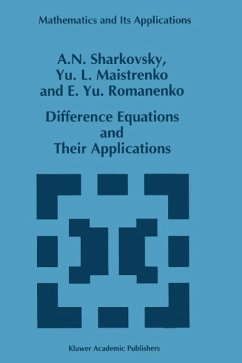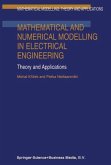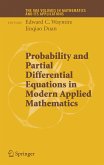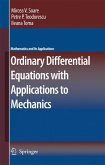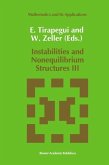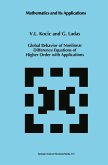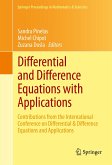The theory of difference equations is now enjoying a period of Renaissance. Witness the large number of papers in which problems, having at first sight no common features, are reduced to the investigation of subsequent iterations of the maps f· IR. m ~ IR. m, m > 0, or (which is, in fact, the same) to difference equations The world of difference equations, which has been almost hidden up to now, begins to open in all its richness. Those experts, who usually use differential equations and, in fact, believe in their universality, are now discovering a completely new approach which re sembles the theory of ordinary differential equations only slightly. Difference equations, which reflect one of the essential properties of the real world-its discreteness-rightful ly occupy a worthy place in mathematics and its applications. The aim of the present book is to acquaint the reader with some recently discovered and (at first sight) unusual properties of solutions for nonlinear difference equations. These properties enable us to use difference equations in order to model complicated os cillating processes (this can often be done in those cases when it is difficult to apply ordinary differential equations). Difference equations are also a useful tool of syn ergetics- an emerging science concerned with the study of ordered structures. The application of these equations opens up new approaches in solving one of the central problems of modern science-the problem of turbulence.
Dieser Download kann aus rechtlichen Gründen nur mit Rechnungsadresse in A, B, BG, CY, CZ, D, DK, EW, E, FIN, F, GR, HR, H, IRL, I, LT, L, LR, M, NL, PL, P, R, S, SLO, SK ausgeliefert werden.

